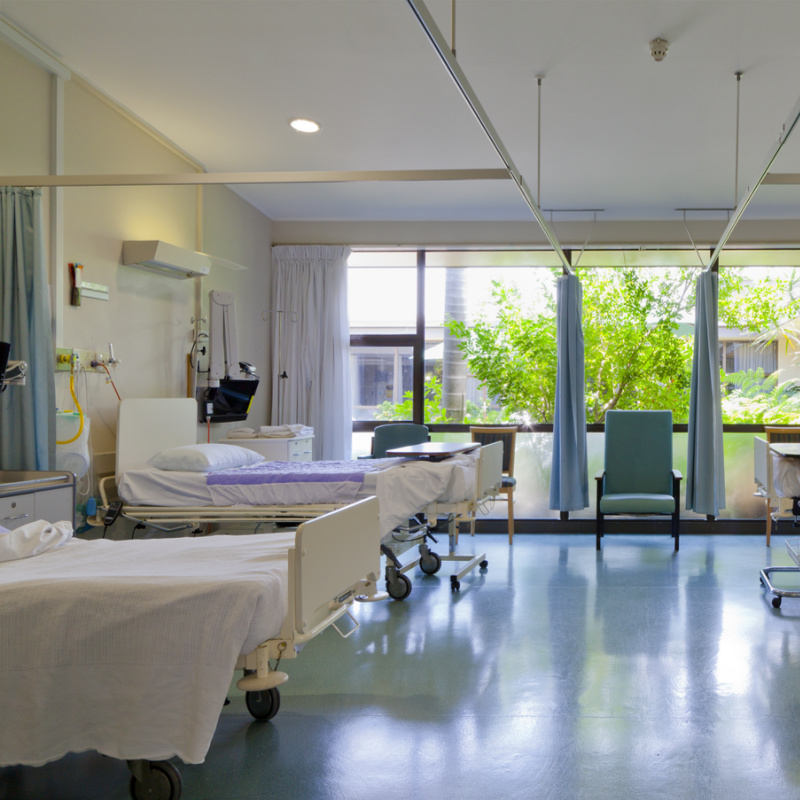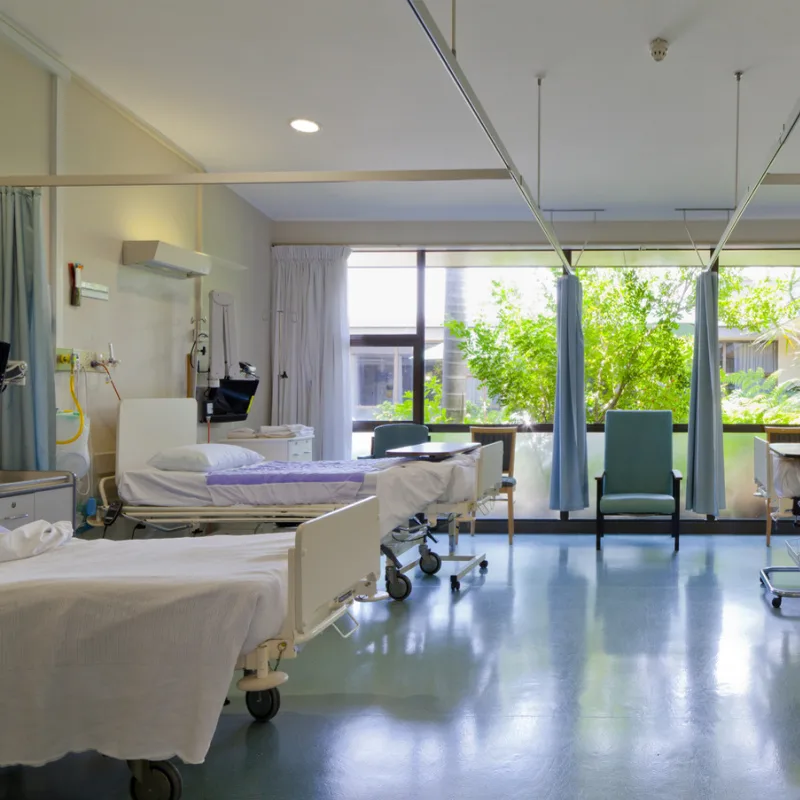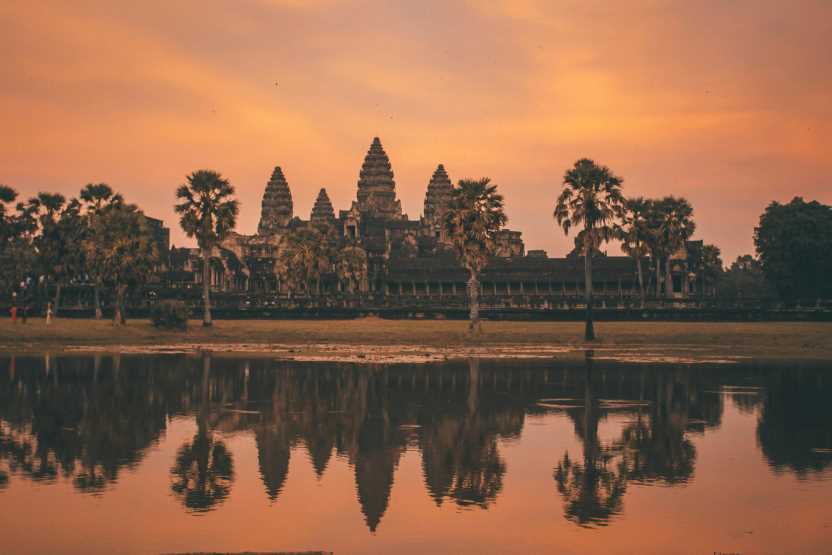Australian Government Issues Important Warnings To Bali Tourists

- by Admin
- November 6, 2024

The Australian Government has issued updated guidance for tourists heading to Bali. The updates come as a number of Australian tourists have been seriously injured and, in some tragic cases, even lost their lives on the paradise island in the last few months.
Australian tourists are the most frequent international arrivals in Bali, but the Australian Government’s advice is applicable to all tourists visiting the province.

The Australian Government is especially focused on young tourists heading to Bali for the Christmas and New Year holidays.
Insure & Go spokesman David Mayo has spoken to the media about the importance of all travelers making sure they have comprehensive insurance before they jet off to Bali. It’s also super important to understand what is and isn’t covered, how to make a claim, and what activities or actions may invalidate cover.
Mayo explained, “In Bali, we can enjoy an unforgettable experience [especially] for teenagers. But they should take travel insurance that can cover emergency medical treatment, last-minute trip cancellation, and other challenging activities while in Bali.”
Low-cost airlines are already adding more flight services between Australian cities and Denpasar ahead of the holiday season, with Jetstar already announcing ten new weekly flights.
Mayo reminded travelers to read up on Indonesian law to understand how to respect local culture and understand that violating the local law invalidates insurance coverage.
He explained, “In Indonesia, using drugs or anything related to it is a serious violation of the law; the perpetrators can be fined a large amount and even end up with the death penalty. They also have strict rules about alcohol because only those aged 21 and above are allowed to enter bars or buy alcoholic drinks.”
Advice on the SmartTraveller, the Australian Travel Advice Board, explains how and why comprehensive travel insurance is needed for Indonesia. It explained, “Your policy needs to cover all overseas medical costs, including emergency treatment and medical evacuation.”
“The Australian Government won’t pay for these costs. If you can’t afford travel insurance, you can’t afford to travel. This applies to everyone, no matter how healthy and fit you are. If you’re not insured, you may have to pay many thousands of dollars up-front for medical care.”
SmartTraveller advises Bali-bound tourists to confirm what activities are and are not covered by the policy, to check that the cover is valid for the duration of the trip and includes all forms of transport, to check whether the policy includes medical evacuation in the event of injury or hospitalisation and check specifically for any exclusions.
In statements issued to Australian tourists in December 2023, Australian Deputy Foreign Minister Tim Watts explained “Australian consular officials will do their best to help Australians if you get into trouble overseas, but the support we can provide is limited.”
“We can’t pay for medical bills; for example, we can’t pay to get you back to Australia if you have an incident that makes it difficult for you to travel.”


Bali-bound tourists traveling with young children were also issued with stark and potentially lifesaving advice last week from the CEO of Royal Lifesaving Australia.
The guidance came after the tragic death of a 14-month-old baby boy after he fell into a swimming pool at the family’s rental villa and drowned.


The CEO of Royal Life Saving Australia, Justin Scarr, called for parents and carers to seriously consider what type of accommodation they book if traveling with young children.
He noted, “If you’re a parent of a very young child – a crawler, an early walker – then those villas are very, very dangerous, and you need to be watching them like a hawk.”


He added, “Obviously, it’s a good idea for people to carry a first aid kit while traveling and freshen up their CPR skills. Quite often, in these holiday resorts and remote locations, if you’re called to do CPR in an emergency, it is lifesaving.”
The Latest News
-
November 8, 2024The Hot List favorites of a physically-fit 10-handicapper, in his own words – Australian Golf Digest
-
November 8, 2024Novak Djokovic to go ‘full throttle’ in 2025 as he reveals plan to play before Australian Open and Grand Slam aims – Eurosport
-
November 8, 2024Rauf leads rout as Pakistan level ODI series against Australia
-
November 8, 2024Emperor Penguin From Antarctica Winds up on Australian Beach Shocking Beachgoers
-
November 8, 2024Australian White supremacist sentenced to a month in prison for making Nazi salute – UPI.com





